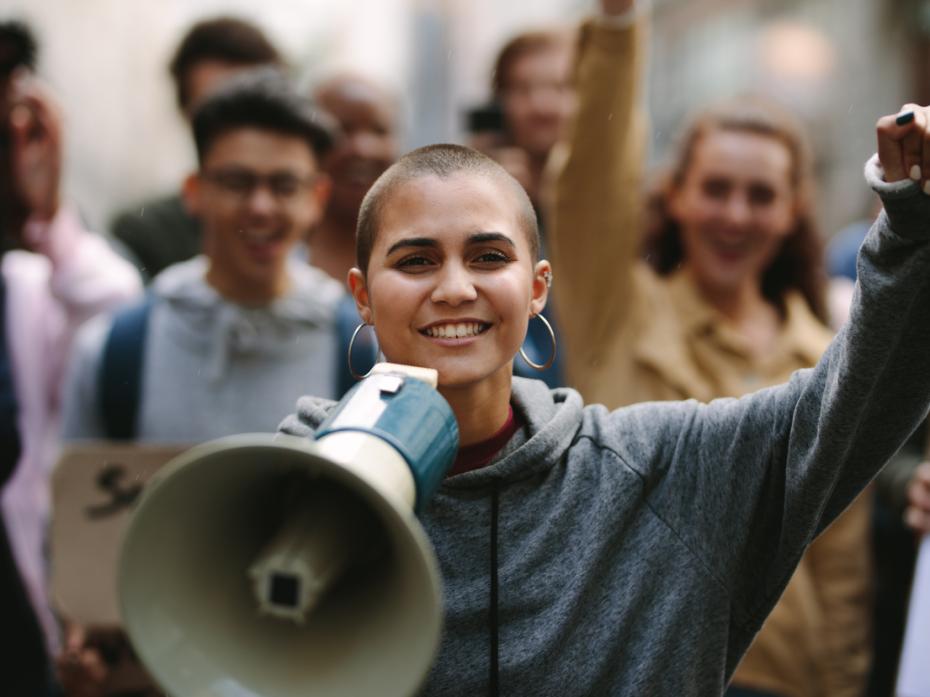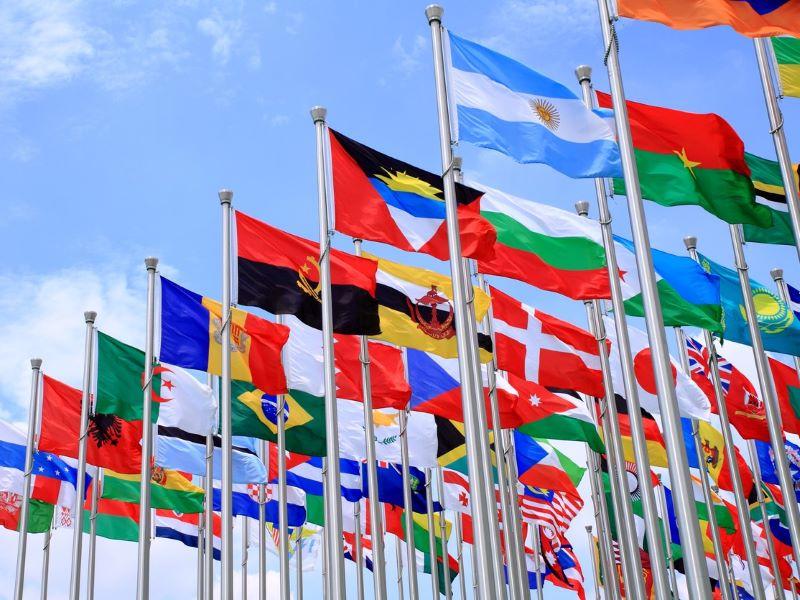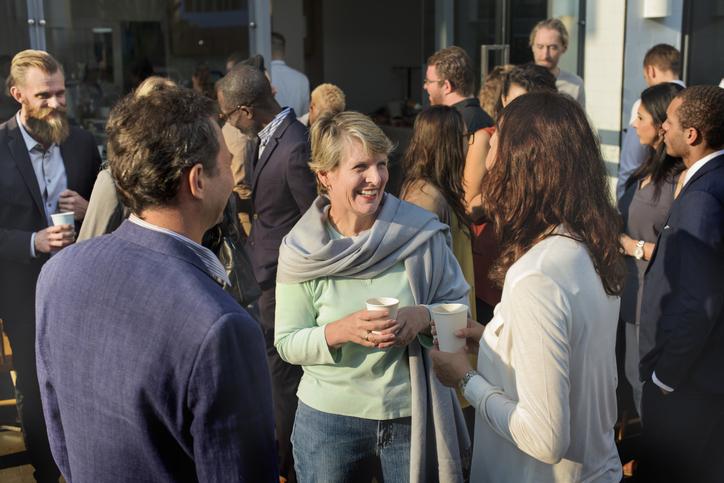
Eight ways to teach students about the importance of democracy
You may also like
Embracing diversity and participatory decision-making is instrumental for higher education institutions that advocate for individual rights and responsible, active citizenship. Here are some strategies to teach your students about and encourage them to take part in democratic processes.
Election simulations
Election simulations require students to form parties and run election campaigns, exit polls and predictions. They are effective in teaching students about the democratic process and the importance of free and fair elections.
To facilitate this kind of activity, you must:
- Work with students to establish election rules
- Demarcate constituencies
- Assign students roles as returning officers
- Design ballot papers and a voting mechanism.
Model UN competitions and youth parliaments
Holding model United Nations competitions can expose students to the sociocultural and economic issues affecting different countries, the institutional setting of the UN, the functioning of its organs and the creation of treaties and conventions.
Creating and running a youth parliament can educate students about parliamentary debates and empower them to debate rulings and learn about opposition parties’ perspectives on regional and national issues. This exercise teaches students the significance of democracy and its philosophical underpinnings in their home jurisdiction and beyond.
Before running a model UN or youth parliament session, educators must prepare students by:
- Teaching the students about the role and organs of the UN
- Organising group discussions on relevant public issues
- Teaching public speaking skills
- Educating about socio-legal problems that may arise in debates
- Developing leadership skills
Encourage debate
Nurturing debate culture and student-led drives on pressing, politically sensitive matters exposes students to an array of perspectives that can improve their critical thinking skills and allow them to share their opinions and beliefs. Debates also encourage students to make compromises for the benefit of a democratic society.
- Resource collection: teach your students to be engaged citizens
- Voting counts: how to get more students to the ballot box
- How to engage students using public advocacy
Foster civic responsibility
Encourage students to address local issues by getting them involved in initiatives such as clean-up drives, petitions to address important socio-economic issues and community awareness campaigns. Encouraging students to gauge the political awareness levels within their local communities can empower them to participate in local governance issues.
Organise diversity fairs promoting cultural exchanges
Highlight the diverse array of cultures, religions and ethnicities that make up the community within and beyond your institution. Run sessions that incorporate music, dance, food and storytelling to inspire appreciation and respect for these cultures.
Arrange community visits, interviews and collaborative projects
Organise and coordinate trips to nearby cultural attractions and towns/villages. Encourage students to interact with residents in new communities to gain insight into the issues that matter to them, and to take part in collaborative projects that emphasise the contributions of figures and communities in the area. This could include conducting research on prominent historical personalities, making murals that illustrate cultural history or engaging in collaborative artistic performances that promote unity.
Nurture critical thinking
In an era characterised by access to information, it is important to teach students how to corroborate sources, verify facts and scrutinise and interrogate biases. This teaches analytical skills and can minimise the dissemination of false or misleading information.
Encourage students to question authority and become advocates for change by integrating examples of historical leaders who advocated for their convictions and made significant contributions to society into your course material.
Encourage responsible social media use
Encourage students to use social media to engage in discussions about civic issues. This can cultivate a feeling of camaraderie centred on shared values.
Imparting the significance of democracy involves empowering students to acquire relevant knowledge and actively involve themselves in the democratic process. By integrating these ideas into our educational framework, we can strengthen democracy and nurture engaged and active citizens.
Avinash Dadhich is a law professor and director of Manipal Law School at Manipal Academy of Higher Education; Anuja S. is an associate professor at Manipal Law School at Manipal Academy of Higher Education.
If you would like advice and insight from academics and university staff delivered direct to your inbox each week, sign up for the Campus newsletter.




